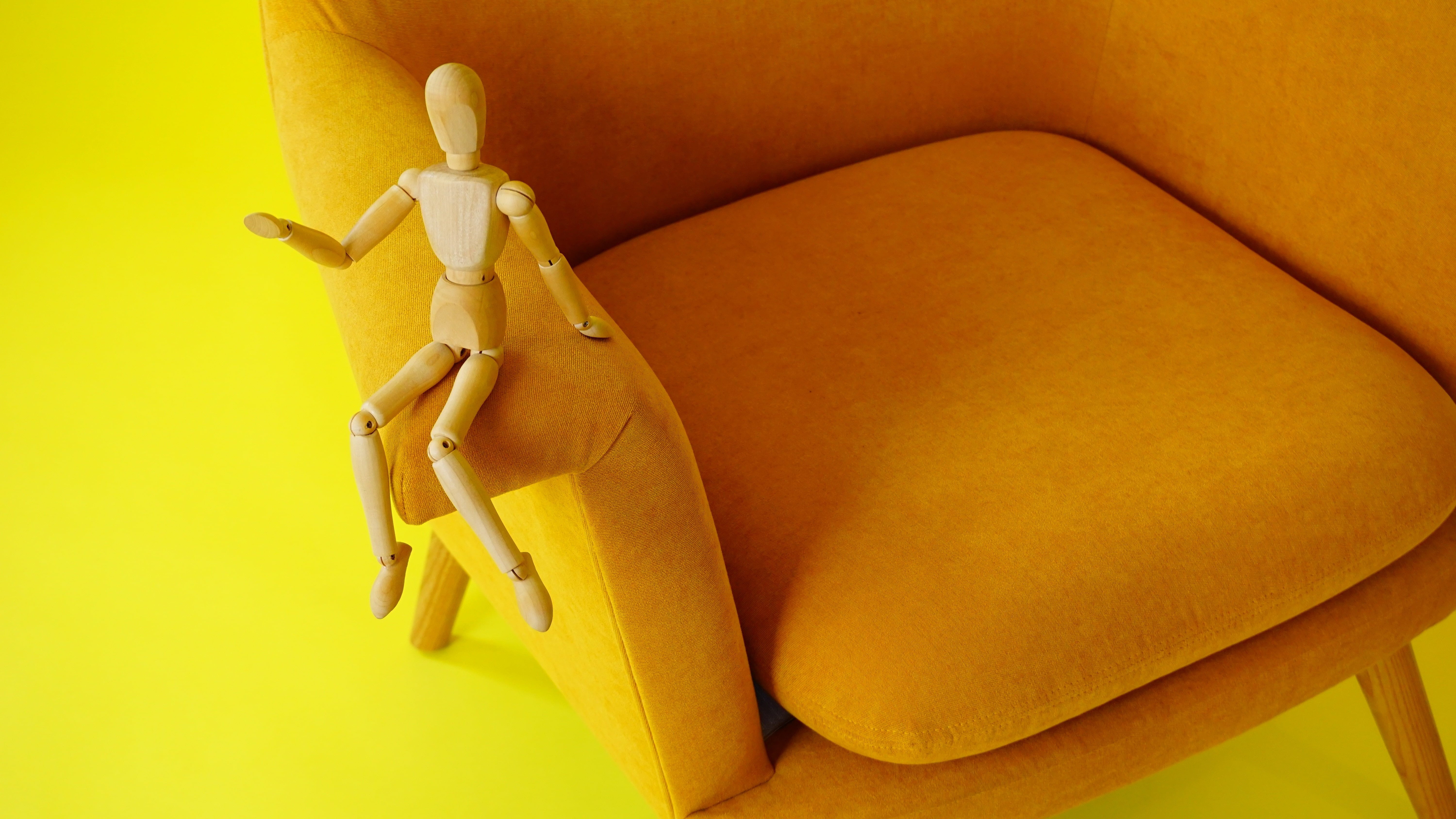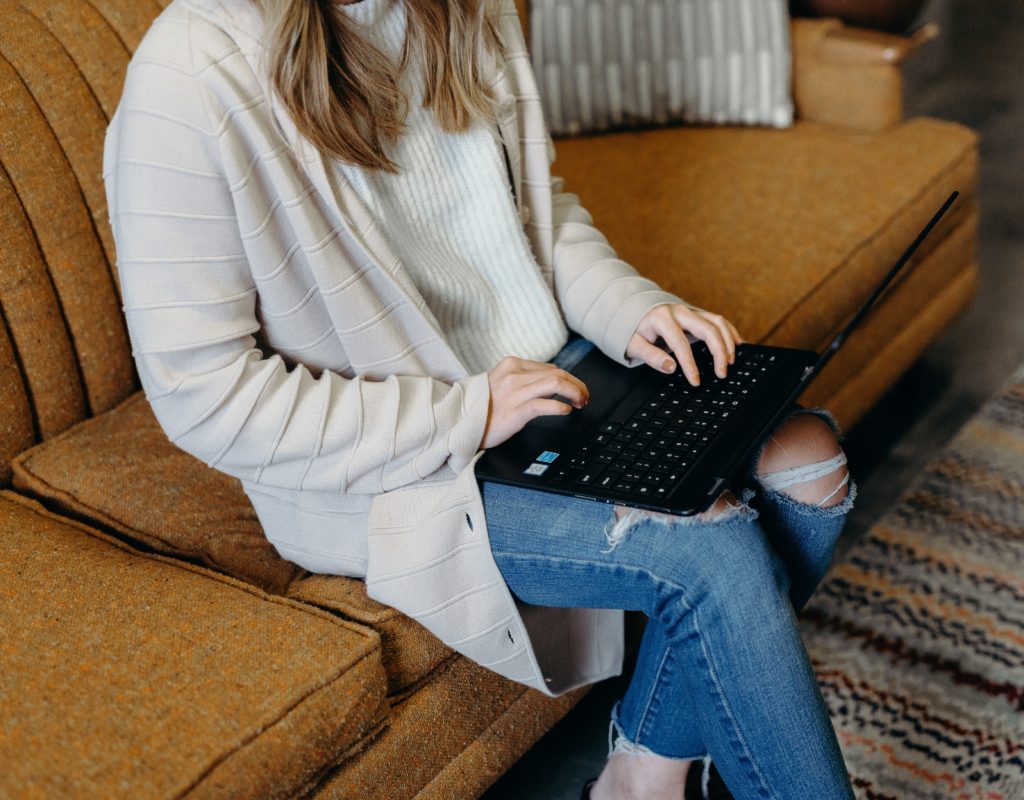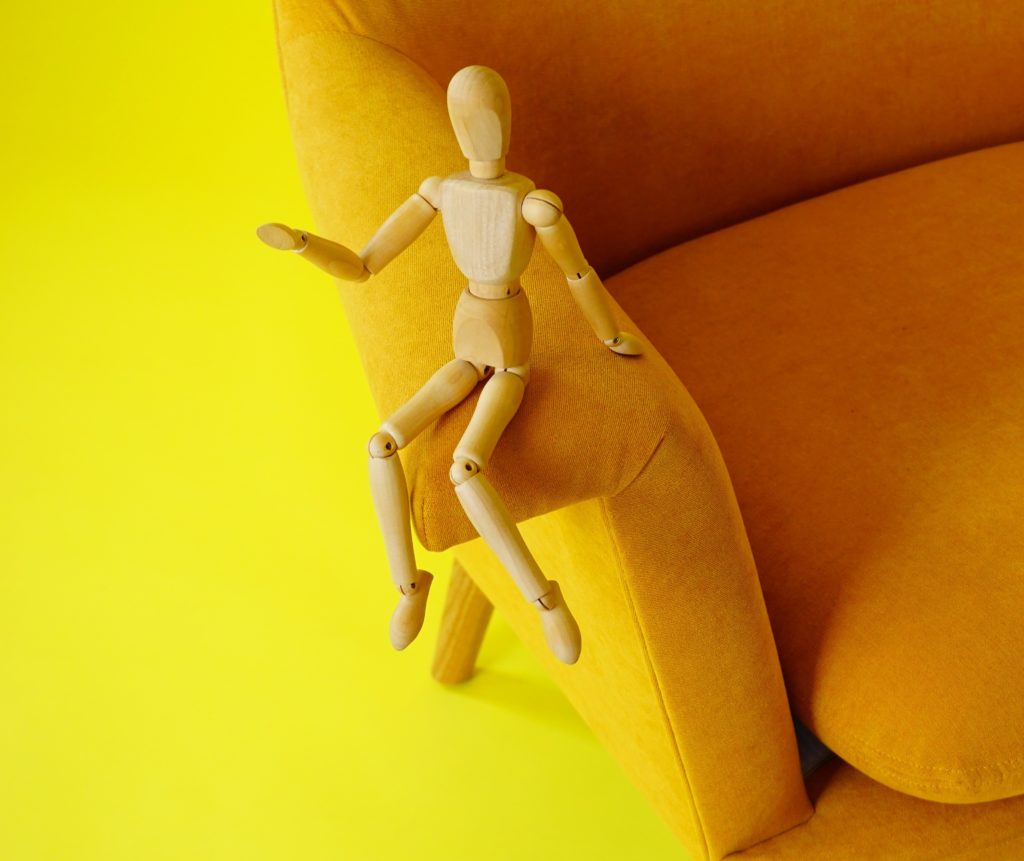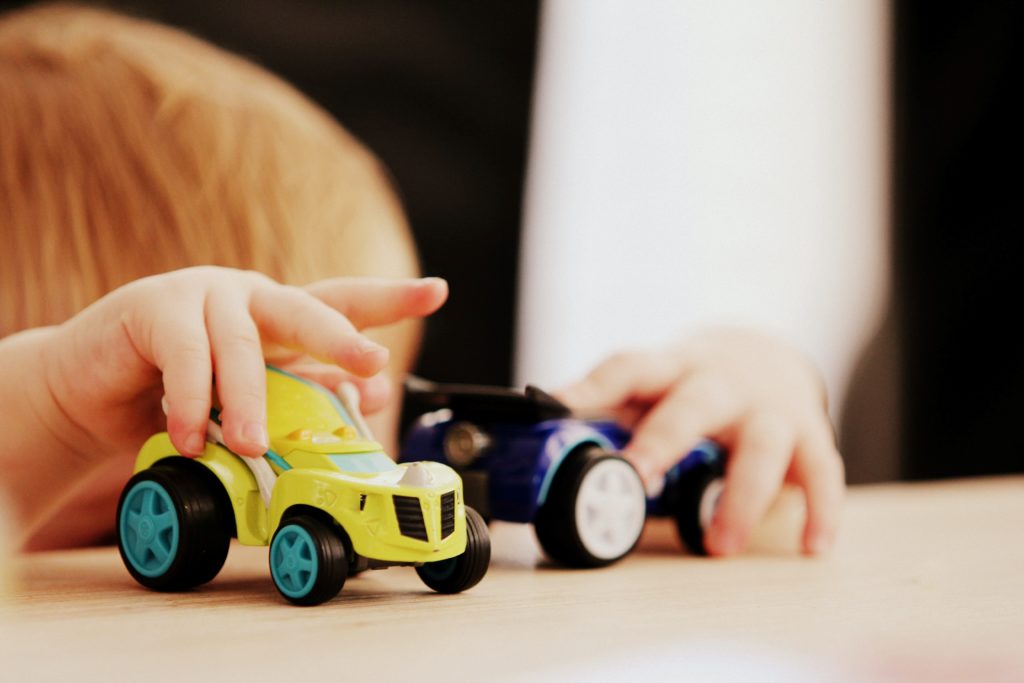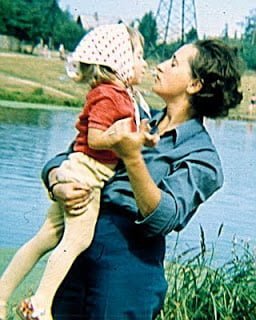Independent play is incredibly important for children! It offers a multitude of great benefits. When kids have the freedom to play on their own, they can unleash their creativity and develop problem-solving skills. In addition, experience pure joy. They have the opportunity to explore their interests, engage their imagination, and make decisions independently. Independent and free play helps them build resilience and also enhances their cognitive abilities. It is truly a valuable and enriching experience for young minds.
One of the parents in my RIE® Parent-Infant Guidance™ Class shared
Parent’s letter:
My daughter has always been good at playing alone. When she
Creating a safe space to explore:
When she showed signs of becoming mobile, a friend offered to lend me a plastic fence to create a safe space for my daughter. I worried we didn’t have enough room in our modest one-story house. Why not baby-proof the living room and her bedroom and let her roam between the two rooms?
Climbing to reach the computer:
Until she began climbing up on the couches. It really wasn’t an issue until she was about 16 months old, we were able to manage. She crawled or walked between the two rooms while I worked. Sometimes she stood next to me and cried while I worked on the computer, but we limped along. We both adapted and escalated our behaviors. She complained more loudly, and I became better at doing my work with frequent interruptions to keep reassuring her.
When she started climbing, she was able to reach the computer and touch the keys or activate the touch screen. Her actions made it impossible to continue working for me. One day I noticed that I was moving – jumping up and dashing – between the two couches in the living room. I was sitting on the back of the couch, and holding my laptop in the air to type a few words at a time. My now very active toddler pursued me back and forth across the room protesting the whole time. It’s astounding how ridiculous habits can form almost without notice!
At dinner, our daughter is often done quickly with the food. We allowed her in the living room to play while we finished dinner and talked in the other room. It’s a nice part of the day. My husband and I can catch up and our daughter can play by herself for a few minutes before bath. I mentioned to my husband the struggle that had developed every morning. He suggested working in a different room. Being in the same room with her, he thought, wasn’t giving me time to work. Moreover, it didn’t her chance for the independence to play alone.
Re-evaluating safe space:
The next day, I made sure she
Establishing a new routine:
Her bedroom is truly baby-proof. Our daughter sleeps on a mattress on the floor and can get up in the middle of the night and roam around. So the following day, we did snacks and special time. Then I put the baby gate up in the doorway between the living room, where I would be working, and the hallway to her bedroom (all the other doors of the hall were closed). I told her I wanted her to play alone in her bedroom while I worked in the living room. There were a few moments of fussing at the gate. I met her there listened to her concerns and rubbed her back. Also, I told her I wanted her to keep playing in her room while I was nearby in the living room.
Independent play:
It worked! Now I make sure every day includes some time when she can play alone, even days when I don’t have work to do. Sometimes she closes the door! When I check on her, I’m always amazed by how focused and busy she is with her truly unique play. There are days when she isn’t feeling well or is tired, and being alone is harder. On those days I give more support (by meeting her at the gate, touching her, and listening to how she is feeling) and ask her to play alone for just a few minutes. Most days she prefers to play alone for up to 45 minutes! She has become more relaxed about the times I go into the other room and she can’t see me for a moment, and her play, in general, has become more “hers.” My daughter loves people and visitors. Yet, recently a visitor came over who was a little too involved in her play. She actually got up and went to play alone in her room! She is, and always has been, really and truly a whole and complete person with a rich inner life and unique inner motivations.
The mom shared an amazing experience of how simple changes in the home environment helped her daughter rediscover independent play and giving her the opportunity to get some work done. It became a new routine that benefits both of them, as the daughter now enjoys focused and free play. Independent play truly allows children to thrive and embrace their individuality.
Let me know if you need more information about RIE® Parent-Infant Guidance™ Classes.
Wishing you all the best in the difficult yet exciting journey of parenting!
Photo credit: Rhys EST2018, Brooke Cagle and Sandy Millar
Warmly,
Teacher Kira
